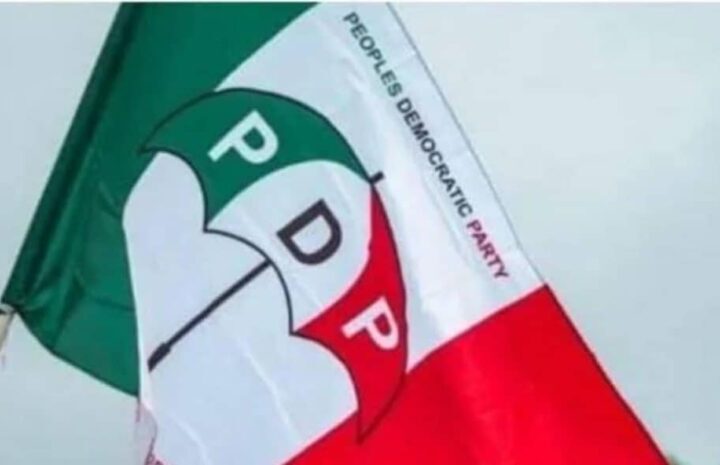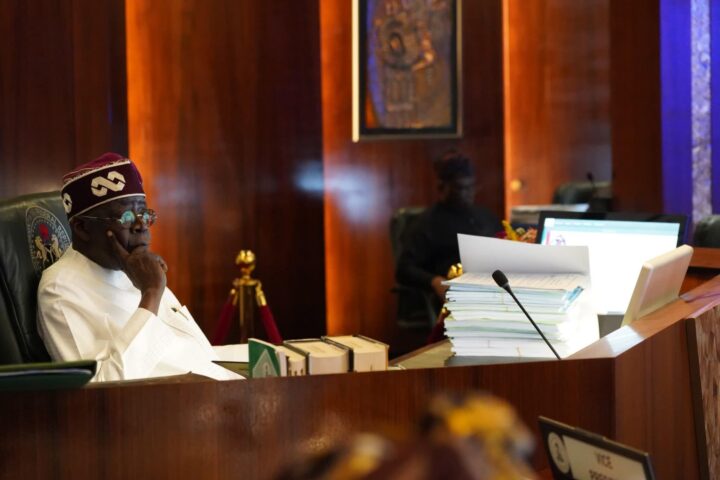The Nigeria Export Processing Zones Authority (NEPZA) has warned the Petroleum and Natural Gas Senior Staff Association of Nigeria (PENGASSAN) against actions that contravene Free Trade Zone (FTZ) regulations,
It reaffirmed that strikes and lockouts are expressly prohibited within such zones for a period of ten years from commencement of operations.
Its Managing Director, Dr. Olufemi Ogunyemi, stated this in Abuja sequel to reports of escalating industrial tensions that have disrupted operations at the Dangote Refinery, the country’s largest private industrial complex.
The agency described the recent shutdown of critical oil and gas facilities by PENGASSAN as unlawful within the context of the Free Trade Zone framework.
Dr. Ogunyemi expressed concern over the escalation of the dispute, noting that the refinery’s FTZ status meant that all labour-related grievances should have been channelled through the Authority.
“Section 18(5) of the Nigeria Export Processing Zones (NEPZA) Act provides that ‘there shall be no strikes or lock-outs for a period of ten years following the commencement of operations within a Zone, and the Authority shall resolve any trade dispute arising within a Zone,’” he said.
According to him, the provision imposes a 10-year prohibition on strikes and lockouts within Free Zones, while still allowing workers the right to form or join trade unions and engage in collective bargaining.
“We are pleased that the conflict has been de-escalated. Dangote Refinery is a declared FTZ that continues to benefit from tax incentives and customs duty waivers to support the economy, and NEPZA regulates it.
The Free Trade Zone scheme in Nigeria is slightly over 30 years old, and we ought to be familiar with the scheme and the global rules that guide the operation of this world economic model, which aims to accelerate economic development and industrialisation,” he said.
He emphasised that trade disputes originating within any Free Zone must be referred to NEPZA for resolution, clarifying that this restriction applies solely within the zones and not to the wider Nigerian economy.
He also drew attention to Section 24(1) of the NEPZA Act, which limits the application of external laws within Free Zones, noting that such laws are only operational to the extent that they do not conflict with NEPZA’s enabling Act.
“Consequently, in cases of conflict between the Trade Unions Act (TUA) or Trade Disputes Act (TDA) and Section 18(5), the provisions of Section 18(5) take precedence as the more specific regulation governing Free Zones,” he stated.
The NEPZA chief commended President Bola Ahmed Tinubu for his prompt intervention in resolving the dispute, describing it as a demonstration of responsive governance and a commitment to safeguarding a critical national asset.
“It is a sign of President BAT’s maturing democracy that this has been resolved quickly without deleterious effects on our economy,” he said.
Dr. Ogunyemi reiterated that while industrial relations are part of the process of economic transformation, stakeholders must operate within the legal and administrative frameworks designed to protect investments and ensure the sustainability of industrial growth within the Free Zones.

















